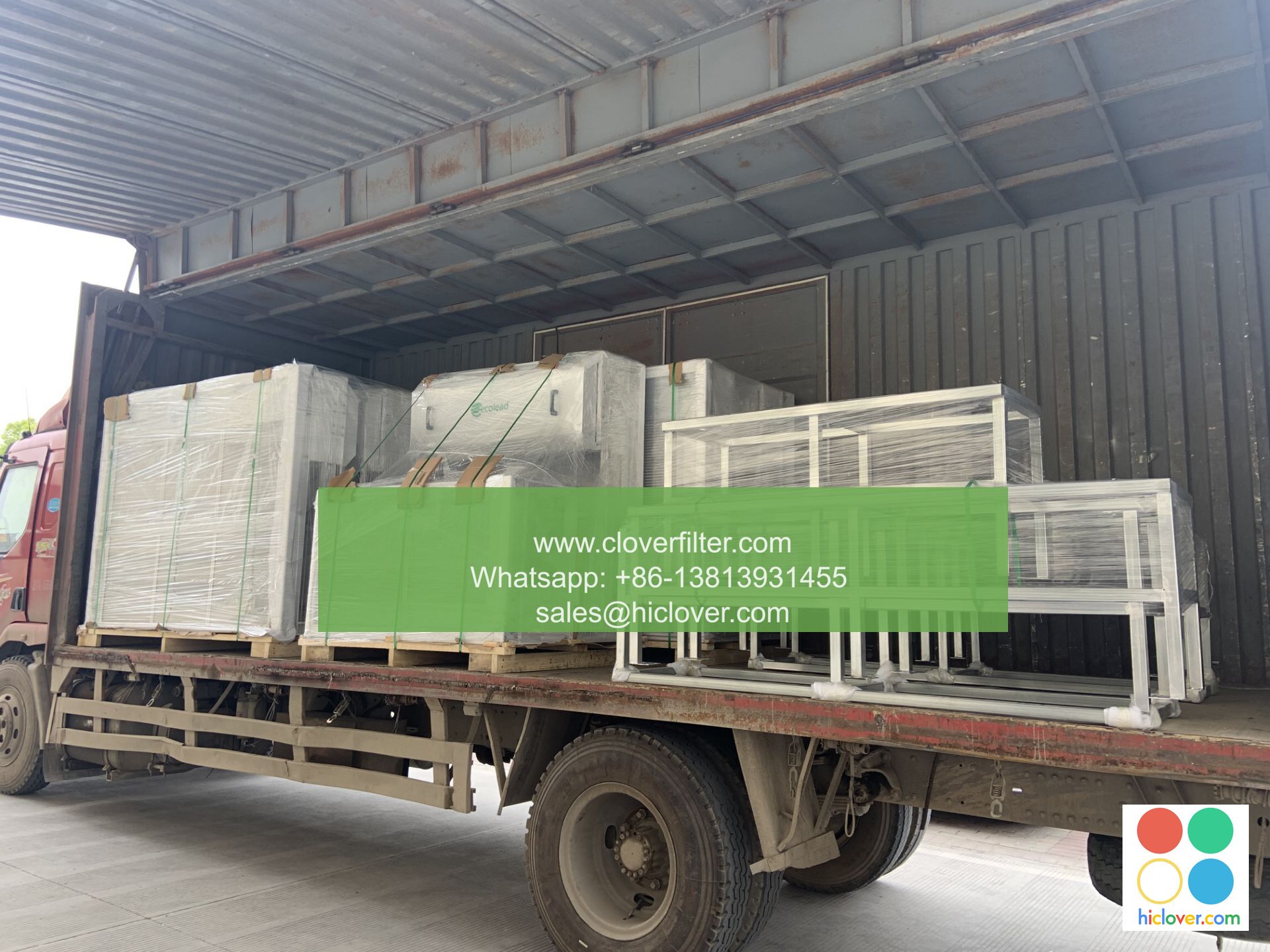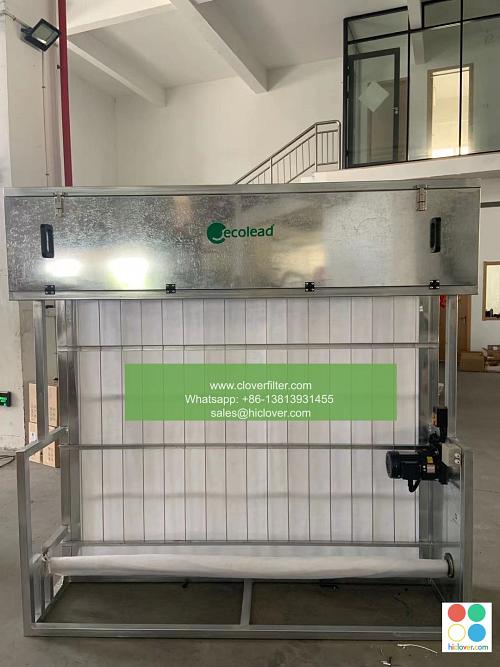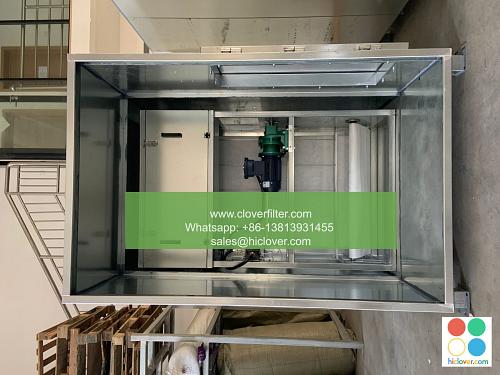The Benefits of Energy-Efficient Air Filters and Certifications

The importance of indoor air quality and energy efficiency has become a significant concern in recent years. One of the most effective ways to improve indoor air quality while reducing energy consumption is by using energy-efficient air filters. These filters are designed to provide optimal filtration while minimizing energy waste and reducing the carbon footprint of buildings.
Benefits of Energy-Efficient Air Filters
The benefits of energy-efficient air filters are numerous. Some of the key advantages include:
- Improved Indoor Air Quality: Energy-efficient air filters can capture 99.97% of particles as small as 0.3 microns, including pollen, dust, mold, and bacteria, thus providing a healthier indoor environment.
- Reduced Energy Consumption: These filters are designed to minimize energy waste and reduce the load on HVAC systems, resulting in significant energy savings and a reduced carbon footprint.
- Increased System Longevity: By reducing the strain on HVAC systems, energy-efficient air filters can help extend the life expectancy of these systems, reducing the need for frequent replacements and repair costs.
- Cost-Effective: Although energy-efficient air filters may have a higher initial cost, they can provide significant long-term savings through reduced energy consumption and extended system longevity.
- ASHRAE Certification: The American Society of Heating, Refrigerating, and Air-Conditioning Engineers (ASHRAE) provides a certification program for air filters that meet specific standards for energy efficiency and indoor air quality.
- ENERGY STAR Certification: The ENERGY STAR program, developed by the U.S. Environmental Protection Agency (EPA), certifies air filters that meet strict energy efficiency guidelines and provide significant energy savings.
- MERV Rating: The Minimum Efficiency Reporting Value (MERV) rating is a standard that measures the efficiency of air filters in capturing particles of different sizes. A higher MERV rating indicates a more efficient filter.
- Residential Buildings: Energy-efficient air filters can be used in home HVAC systems to improve indoor air quality and reduce energy consumption.
- Commercial Buildings: These filters can be used in office buildings, hospitals, and other commercial spaces to improve indoor air quality and reduce energy costs.
- Industrial Settings: Energy-efficient air filters can be used in industrial settings, such as manufacturing facilities and warehouses, to improve indoor air quality and reduce energy consumption.
- Transportation Systems: These filters can be used in vehicles and other transportation systems to improve indoor air quality and reduce energy consumption.
Certifications for Energy-Efficient Air Filters
To ensure the quality and performance of energy-efficient air filters, various certifications have been established. Some of the most recognized certifications include:
Application Areas for Energy-Efficient Air Filters
Energy-efficient air filters have a wide range of applications, including:
Conclusion
In conclusion, energy-efficient air filters offer numerous benefits, including improved indoor air qualityreduced energy consumption, and cost savings. By choosing air filters with recognized certifications, such as ASHRAE, ENERGY STAR, and MERV, consumers can ensure they are getting a high-quality product that meets their needs. With a wide range of application areas, energy-efficient air filters are a simple and effective way to improve indoor air quality and reduce energy waste, making them a valuable investment for any building or transportation system. It looks like you didn’t include a prompt. Please go ahead and provide one, and I’ll do my best to assist you!


